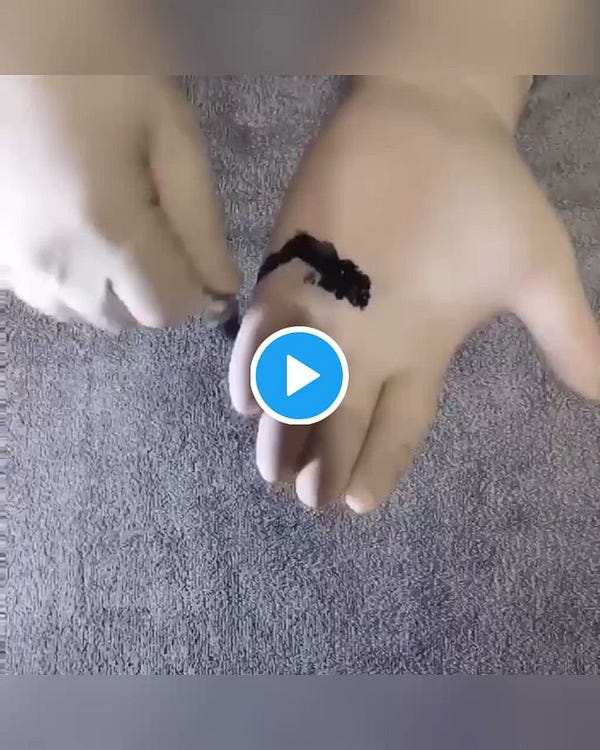The process of writing this newsletter has been therapeutic for me. I’ve also learned quite a bit from being forced to develop a coherent perspective since my thoughts end up written down instead of just amorphously floating through my head.
I’ve been reading a lot more scientific papers and a lot fewer tweets. In that respect, the editing of my information intake has been useful for forming nuanced thoughts regarding the various risks and benefits of different strategies for treating COVID-19 patients and for making my own social distancing decisions.
Overall, guidance from public health and governmental officials has focused on big picture stuff - how many infections, how many deaths, staying inside, flattening the curve, etc.
Many people I know want more granular information and have questions regarding specific life circumstances. I thought I’d answer some of the questions that I’ve been receiving for this newsletter installment.
Your qualifications
What are these recommendations based on? They seem just as capricious and arbitrary as what those idiots on cable news say all day.
I didn’t say that these wouldn’t be capricious and arbitrary.
My recommendations are based on a handful of concepts and published work.
First, there is the experience of health care workers in Singapore and Hong Kong, chronicled in the New Yorker by Atul Gawande, where essentially no health care workers have gotten infected, despite caring for lots and lots of COVID-19 patients. Their methods rest on 3 major factors:
Surgical masks - not N95 masks - for all health care workers
Proper hand hygiene - read: washing hands correctly, not just checking the box that you’ve done it
Disinfecting all surfaces between patient contacts
Second, the New England Journal of Medicine published some data on the stability of the SARS-CoV-2 virus on a handful of different surface materials.
Third, my own anecdotal experience in caring for these patients and - I think - not getting infected myself.
Groceries
Should I leave my groceries outside? If so, for how long?
You probably don’t need to. We suspect that the SARS-CoV-2 virus remains viable on cardboard surfaces for only a few hours. On plastic, it’s probably closer to a day, but bringing your groceries inside seems innocuous to me.
Do I wipe them down with disinfectant wipes or do I just wash my hands?
If you have disinfectant wipes, I would recommend wiping your items down. But I don’t think you need to go overboard with it.
Hypothetically, the chain of transmission from a grocery item to infecting you with the virus goes like this:
Viral particle deposited on a surface by an infected person’s respiratory secretions
The viral particles last on the surface of the item in a sufficient quantity until you’ve had a chance to touch it with your bare hands
You bring the particle into contact with a portal of entry - mouth, nose, eyes - before you’ve washed your hands
If you’re able to break the chain of any of these events, you should be fine in terms of transmission.
Must I sanitize the floor that they sit on when they come in and counters I place items on?
If you want to take every possible precaution, then sure. I would prioritize counters over floors. But based on my understanding of the infectivity cycle and timeline, don’t worry if this is too much work. I suspect that washing your hands frequently and not touching your face reduces risk sufficiently.
Cooking food and washing off produce (even if organic) gives you an additional layer of safety.
What about grocery shopping? Is it unsafe for me to go into a store if I have a mask and gloves?
Wearing a mask is important. This is just as much protecting others than about protecting yourself. Gloves less so but won’t hurt.
Going to the grocery store is fine especially if you’re going to be careful at the store and after. This means keeping away from other shoppers, not touching your face, washing your produce, and cooking your food.
Going out
Should I wear a mask while driving?
I don’t think you need to. Public transportation is huge vector of transmission, private transportation, not so much.
Unless infected people have been coughing in your car without masks in the last 24 hours, in which case, you should immediately sell your car or just abandon it on the side of the road.
What if I stop to take a walk?
For reasons we don’t fully understand, viral transmission is way more likely inside than outside.
I suspect you can feel safe in parks and other outdoor spaces. Plus more time spent outside means less time spent inside, which is good for your health in a whole bunch of ways that have nothing to do with COVID.
Can I sit on a park bench?
I think that’s probably fine as long as it’s dry and you don’t suspect someone infected was just on it.
But I highly recommend less sitting and more physical activity! It’s easy to get into the trap of indoor activities like watching screens and sitting on the couch. Try to use the time you have to get out of your physical comfort zone - challenge yourself to go on a 30 minute outdoor walk everyday. Spend as much time outdoors as you can.
Cleaning
How should I wash my hands?
For much longer than you’d think. CDC recommendations are for a 20 second hand washing. Take a look at this video to better understand.


I want to support my cleaning people. If I am out while they are here, and they wear masks and gloves while cleaning (and sanitizing) is it safe to have them in to clean my house?
This seems like a low risk situation to me. If they are wearing masks and gloves - not to mention using cleaning products - I don’t see much of a reason to avoid having your house cleaned.
Socializing
Can I drive to a friend’s house and talk to them from their driveway?
Sure. Go for it.
What about meals a friend brings over?
I think this is probably fine too. As long as no one is coughing into the food and your friend is washing hands before preparation, shouldn’t be a problem.
If I get takeout can I use their unpackaged utensils or do I need to use my own?
According to that New England Journal of Medicine article on viral survival, plastic is the surface material that is at the highest risk of harboring the virus for a prolonged period of time. If these were utensils that were sitting around and might have been grabbed out of a bin that has a lot of hands diving in, I would wash the plastic utensils before using.
That’s all for now. If this is well received, I’ll do another one of these again soon.
Please feel free to reply to any of these emails with questions, feedback, or ad hominem attacks



